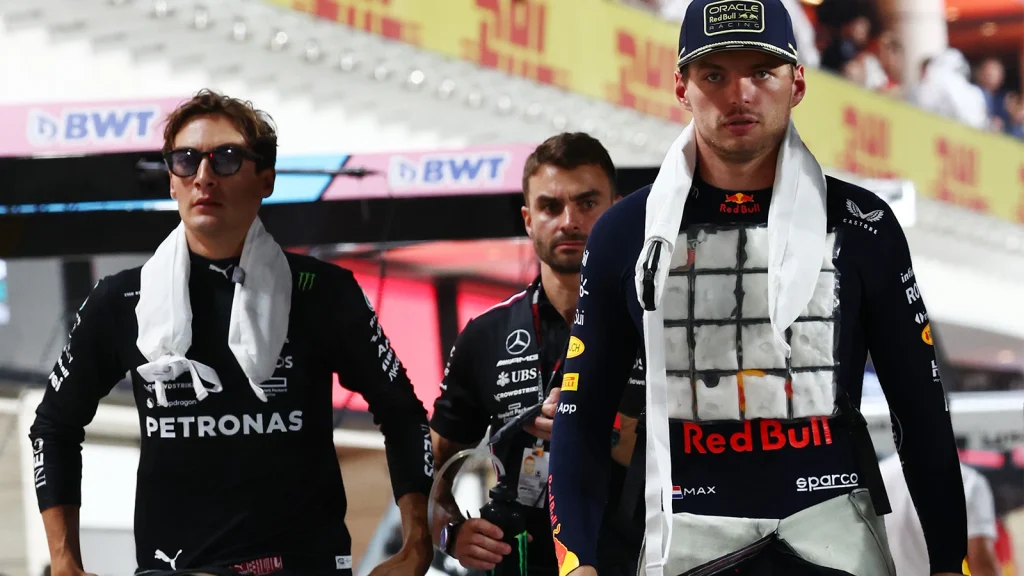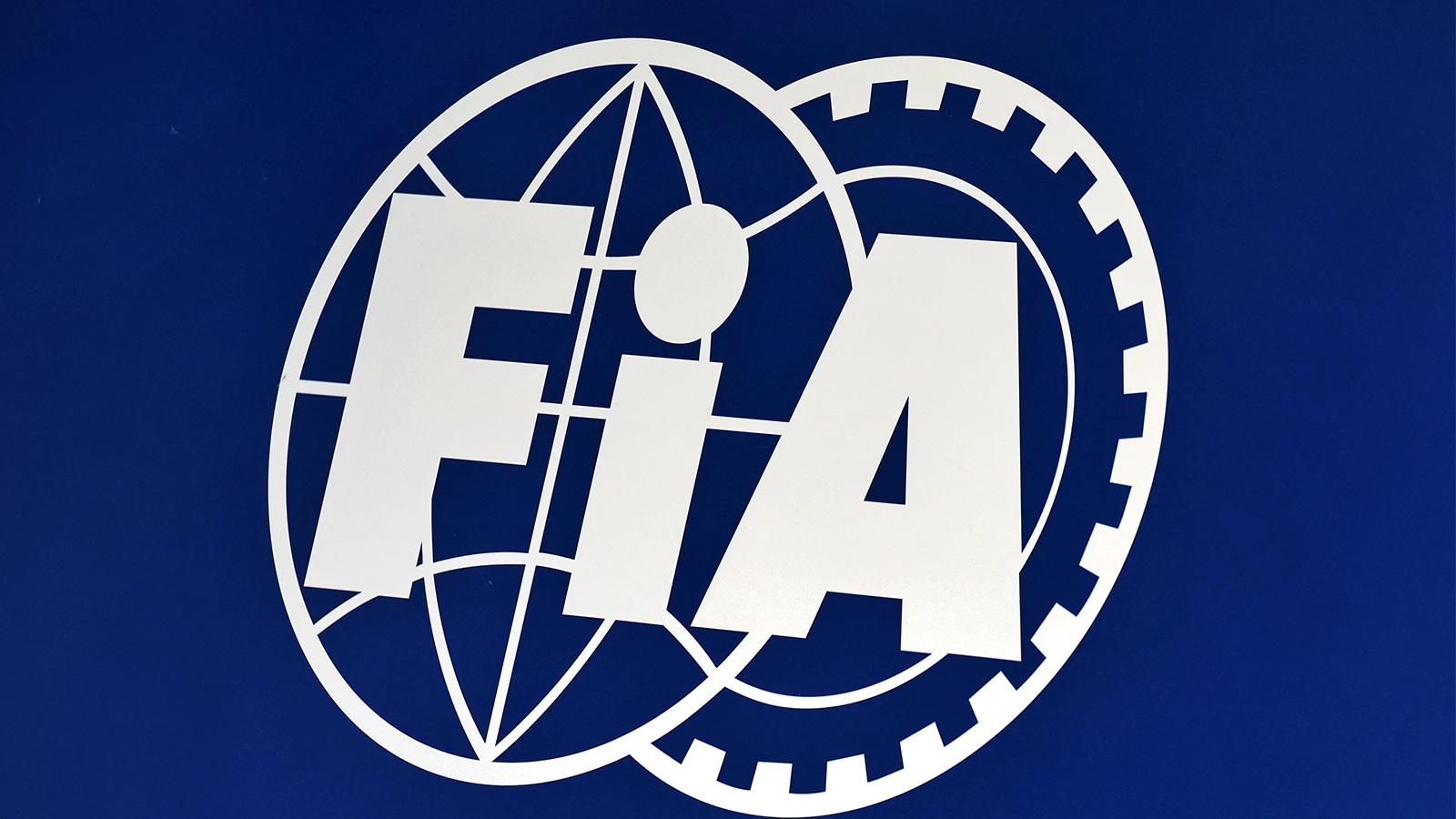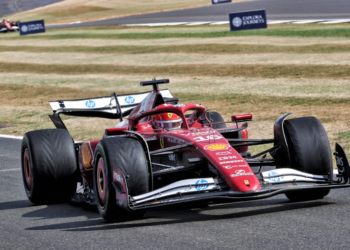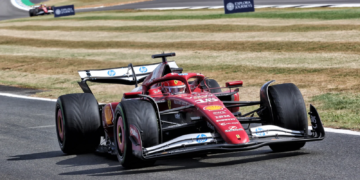The World Motor Sport Council has approved changes to the Formula 1 Sporting, Technical, Financial and newly-created Operational regulations, the FIA announced on Wednesday.
The most recent meeting of the F1 Commission ratified some subtle changes to the 2025 Sporting and Technical regulations.
In its opening statements regarding revisions to the F1 rulebook, the FIA said: “The FIA President, together with the President and CEO of FOM, Stefano Domenicali, reflected on a hugely successful season in 2024, which was the longest in the history of the sport.
“The productivity of the single-seater pyramid, which stretches from Karting through to Formula 1, was highlighted, with no fewer than four drivers stepping up from the FIA Formula 2 Championship into Formula 1 in 2025.”
Predominantly, ‘Heat Hazard’ regulations have been finalised “which mandates the use of a driver cooling kit under certain, extreme weather conditions.”
The necessity to protect drivers in extreme heat conditions became a prominent talking point at last year’s Qatar Grand Prix, whereby several drivers complained of heat exhaustion with Williams’ Logan Sargeant being forced to withdraw from the race early.

Gender-neutral language introduced to F1’s Sporting Regulations
Further changes to the Sporting Regulations see the introduction of gender-neutral language, which the FIA already committed to doing in Formula 2 and Formula 3 last year.
F1 will now adopt this approach and when passages of the regulations formerly read: “the stewards may disqualify him from the race,” now they will be rephrased thusly – “the stewards may disqualify the driver from the race.”
In addition, the FIA’s statement revealed that: “The 2026 Technical Regulations have also been refined, ahead of teams being able to work on the aerodynamics for the first time beginning on 1 January 2025.”
Cost Cap rules expanded
Moreover, the Financial Regulations which encompass the F1 cost-cap restrictions have been expanded.
The ever-evolving cost cap will be opened up to exclude ‘Sustainability Initiatives’ from the cap in 2025 and ’26 as F1 strives to be Carbon Net-Zero by 2030.
Finally, the FIA revealed the introduction of Operational Regulations, which will govern F1 team activities outside of race weekends.
“For this initial version of these regulations, certain elements that have historically been included in the Sporting Regulations have been transferred, such as limitations to aerodynamic testing, power unit testing and mandatory shutdown periods,” the governing body’s statement read.
READ MORE – Gallery: The FIA’s new look at the 2026 F1 revolution









